
With 1 biosimilar already approved in the US, the FDA has finally released draft guidelines for naming these new products.

With 1 biosimilar already approved in the US, the FDA has finally released draft guidelines for naming these new products.

The Biosimilars Council wants CMS to hold back on Medicare Part B reimbursement for biosimilars.

Assessment of prevalence and specific costs associated with discrete multimorbid mental health disease clusters in adults with diabetes.

Mitigating cost increases through preemptive care and clinical efficacy to reduce the disease burden of clinically at-risk patients.

The potential of nurse practitioners is not being fully realized in primary care medical practices. Consequently, cost and quality gains are not being achieved.

Zarxio (filgrastim-sndz), manufactured by Sandoz as a biosimilar to Amgen's Neupogen, has finally received marketing approval from a federal appeals court.

Two new changes to CMS' ACO Investment Model will help practices in rural areas gain more access to the benefits of accountable care organizations.

Researchers of The Commonwealth Fund discovered that 95% of individuals with Medicaid coverage over the past year had a regular doctor and 55% of this population reported receiving excellent or very good care.

Quality of care and relative resource use for patients with diabetes are not necessarily positively related. Further, the relationship varies by year, plan type, and region.

Focusing on quality and quality measurements has the potential to reduce costs, increase quality, and deliver more value to patients, consumers, and customers.

Newly announced fraud charges against 243 individuals involved schemes of approximately $712 million worth in false billings, according to an announcement by HHS. CMS also suspended a number of providers.

A systematic review of insurance benefit designs with differential cost sharing for substitute prescription drugs.

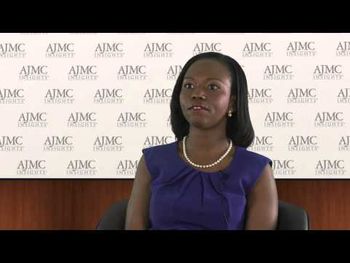



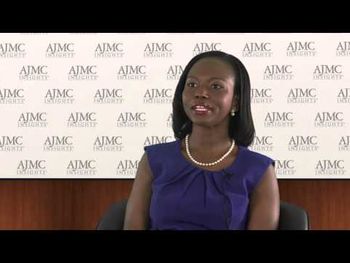
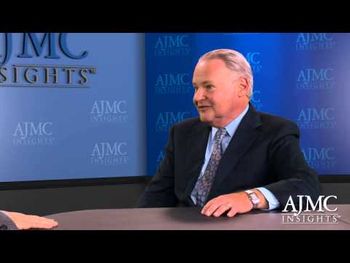
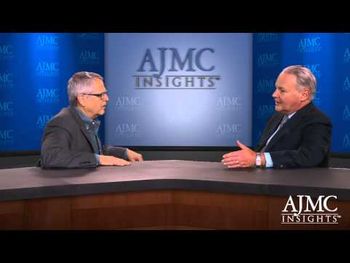
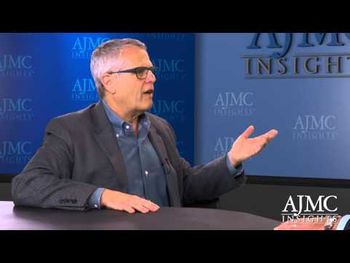
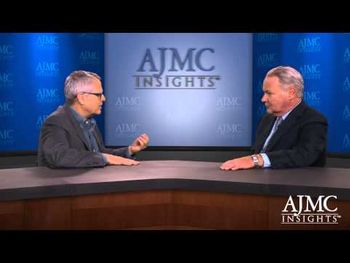
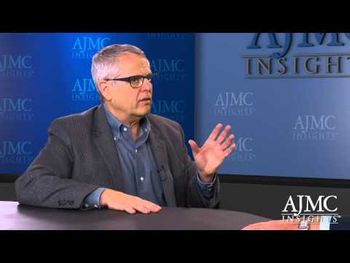
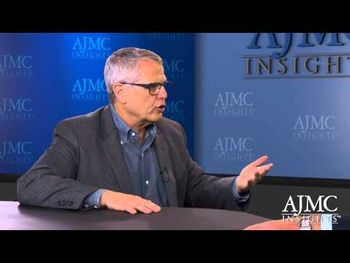
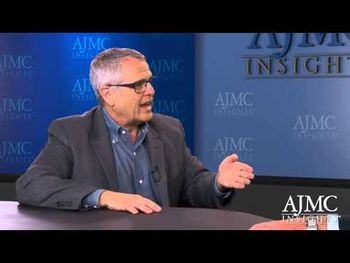

259 Prospect Plains Rd, Bldg H
Cranbury, NJ 08512
© 2025 MJH Life Sciences®
All rights reserved.
